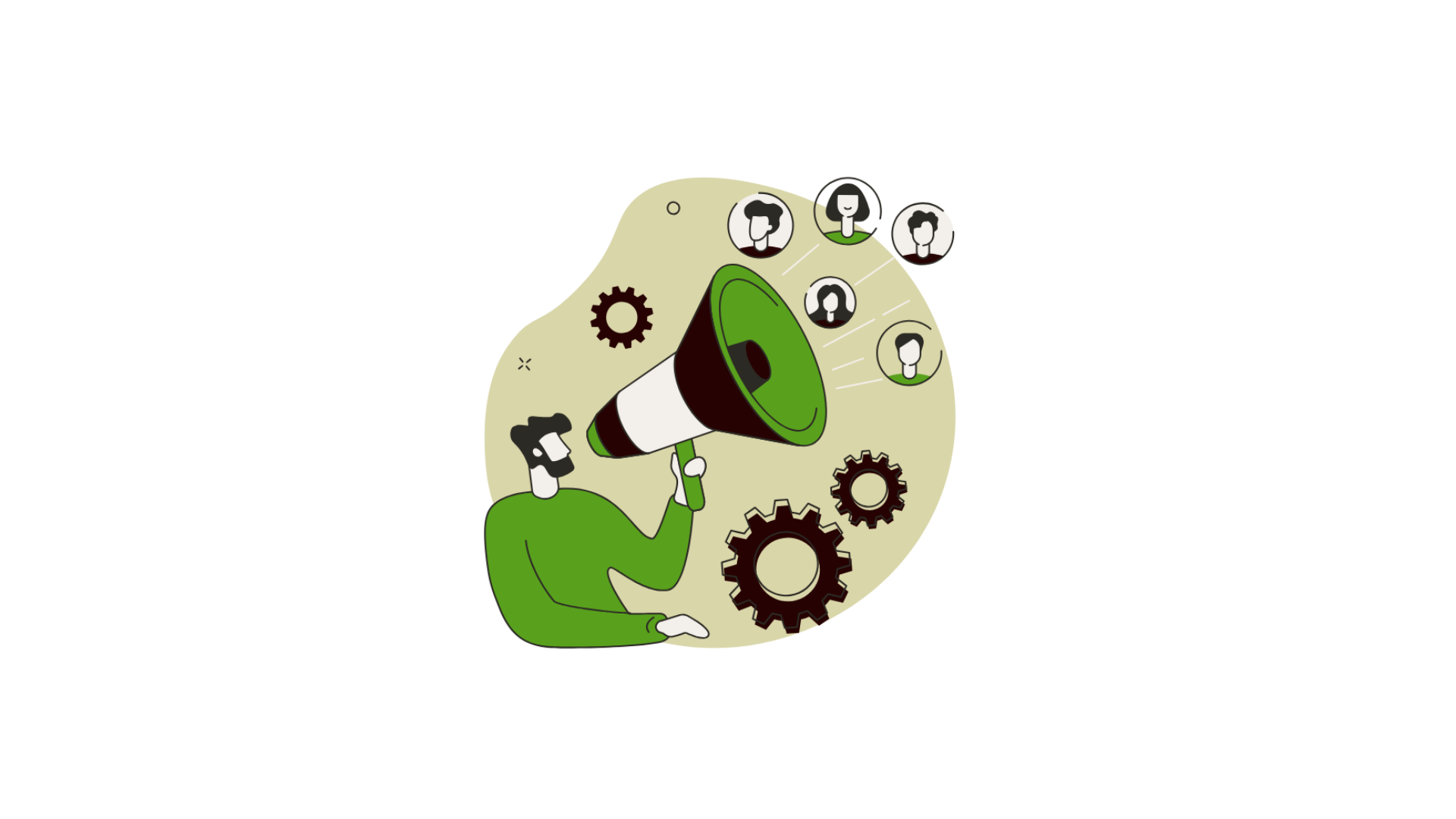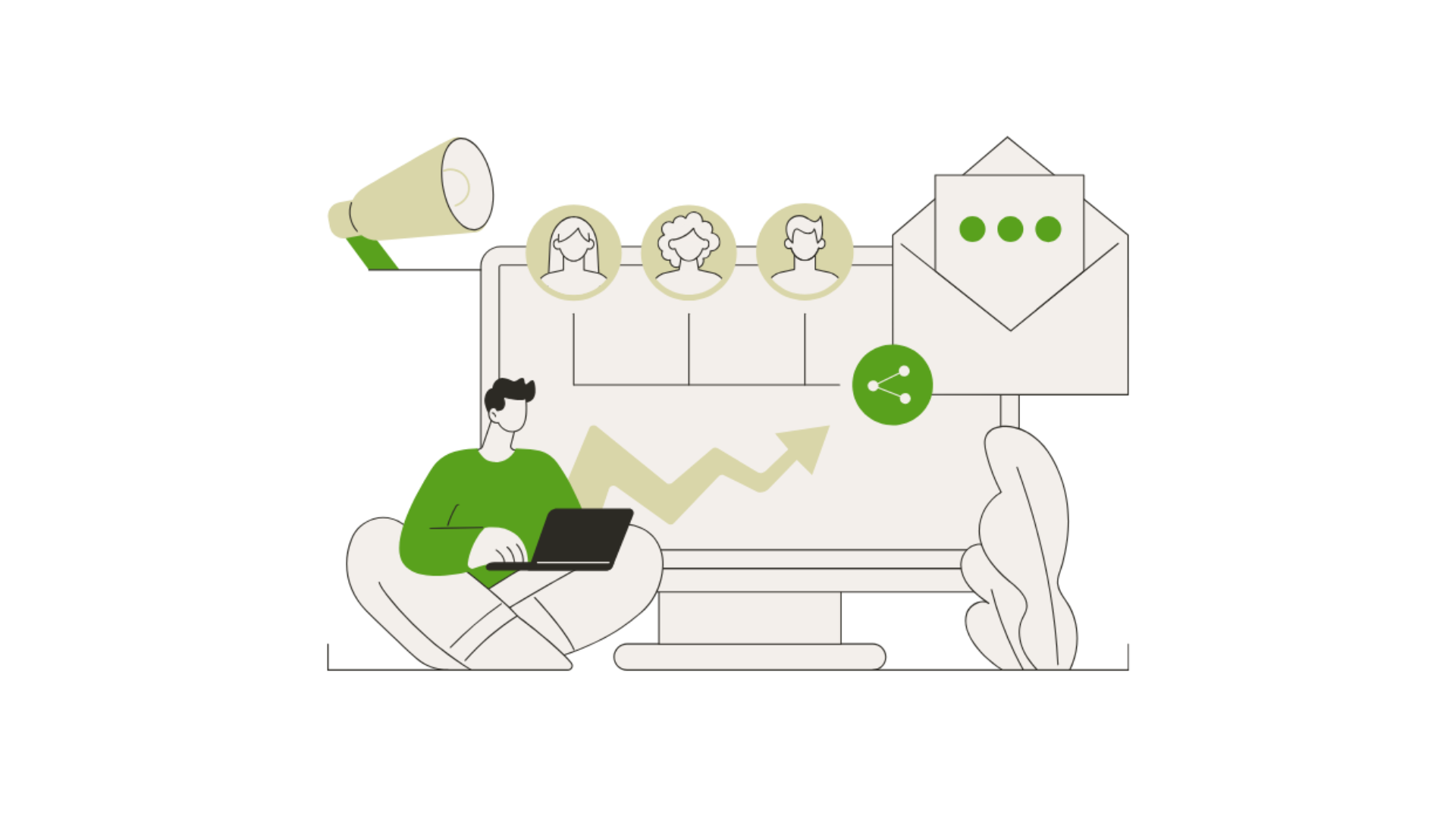
Top AI Tools for Marketing Success in Small Businesses

Unlock the power of AI to revolutionise your Small Business Marketing and gain a competitive edge.
The Rise of AI in Small Business Marketing
Artificial Intelligence (AI) is no longer a futuristic concept reserved for large corporations with substantial budgets. Small businesses are increasingly adopting AI technologies to streamline operations, enhance customer experiences, and drive marketing efforts. The rise of AI in small business marketing is a game-changer, offering tools that can analyse data, predict trends, and automate repetitive tasks. This transformation allows small teams to execute sophisticated marketing strategies that were once out of reach.
AI's ability to process and analyse vast amounts of data quickly is particularly beneficial for small businesses. With limited resources, small teams can leverage AI to gain insights into customer behaviour, optimise marketing campaigns, and make data-driven decisions. This not only saves time but also ensures that marketing efforts are more targeted and effective.
AI Tools That Empower Small Marketing Teams
Several AI tools are designed specifically to empower small marketing teams. Tools like HubSpot's Marketing Hub, Mailchimp's Smart Recommendations, and Hootsuite's Insights use AI to automate email marketing, social media management, and customer segmentation. These tools can help small teams manage multiple marketing channels effortlessly, ensuring consistent and personalised customer interactions.
For instance, AI-powered chatbots can handle customer inquiries 24/7, freeing up valuable time for marketing professionals to focus on strategy and creative tasks. Predictive analytics tools can forecast customer behaviour and trends, allowing marketers to tailor their campaigns more effectively. By integrating these AI tools into their workflows, small businesses can operate more efficiently and compete with larger players in the market.
How AI is Disrupting Traditional Marketing Strategies
AI is a significant disruptor of traditional marketing strategies. Traditional methods often rely on manual processes and intuition, which can be time-consuming and less accurate. AI, on the other hand, brings precision and efficiency to marketing. It can analyse customer data in real-time, providing insights that would take humans much longer to uncover.
Additionally, AI-driven marketing automation tools can execute complex campaigns with minimal human intervention. From personalised email marketing to dynamic content creation, AI is transforming how small businesses engage with their customers. This disruption is levelling the playing field, allowing small businesses to implement marketing strategies that were once only possible for larger companies with extensive resources.
Leveraging AI for Competitive Advantage
Small businesses can leverage AI to gain a competitive advantage in several ways. By using AI to analyse customer data, businesses can create highly personalised marketing campaigns that resonate with their target audience. Personalisation increases customer engagement and loyalty, leading to higher conversion rates and repeat business.
AI can also optimise ad spending by identifying the most effective channels and times to reach potential customers. Predictive analytics can help businesses anticipate market trends and adjust their strategies accordingly, ensuring they stay ahead of the competition. Moreover, AI-powered tools can provide insights into competitors' strategies, allowing small businesses to refine their approach and stay competitive.
Future Trends: What's Next for AI in Marketing?
The future of AI in marketing looks promising, with continuous advancements poised to make marketing even more efficient and effective. One emerging trend is the use of AI for hyper-personalisation, where marketing messages are tailored to individual preferences and behaviours in real-time. This level of personalisation can significantly enhance customer experiences and drive loyalty.
Another trend is the integration of AI with other emerging technologies like augmented reality (AR) and virtual reality (VR). These technologies can create immersive and interactive marketing experiences that captivate audiences. Additionally, as AI algorithms become more sophisticated, they will be able to predict customer needs and preferences with greater accuracy, making marketing efforts even more targeted and impactful. Small businesses that stay ahead of these trends will be well-positioned to thrive in an increasingly competitive market.


